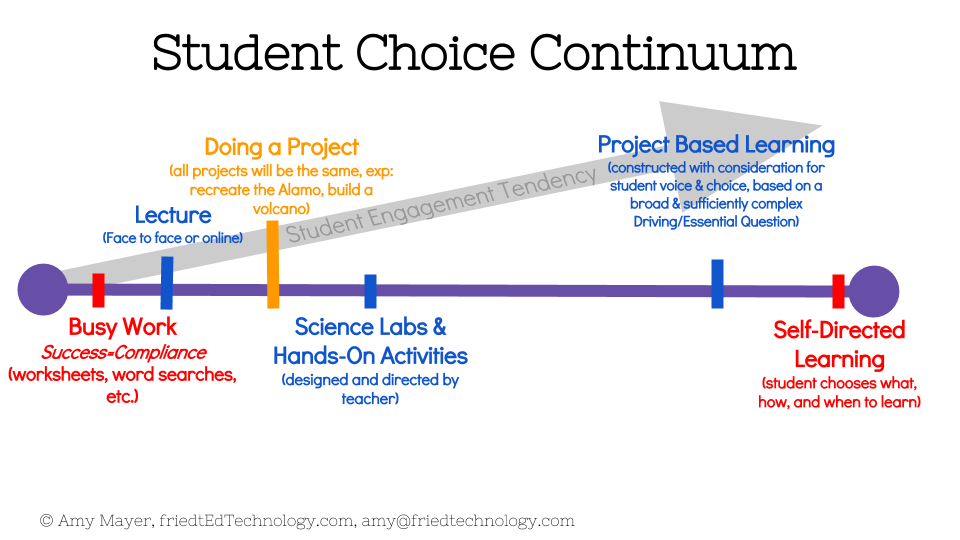MSM 300: Firefox says, “Hello!” to a Teacher’s Day.
Jokes You Can Use:
A man got hit in the head with a can of Coke, but he was alright because it was a soft drink.
A man gets pulled over by the police for speeding. The cop walks up to the car and says to the driver, “Sir, did you know that you were going 60 miles an hour?” The driver says, “Officer, there is no way I could have been going 60 miles an hour!” The cop says, “Really! Why is that? The driver replies,” I could not have been going 60 miles an hour because I’ve only been out driving for 25 minutes.”
Q: What do you call a line of rabbits walking backwards?
A: A receding hairline!
Officer to driver going the wrong way up a one way street. “And where do you think you are going?”
Driver: – “I’m not sure, but I must be late as everyone else is coming back.”
Did you hear about the red ship and the blue ship that collided?
The survivors were marooned.
A fellow was telling his buddies that in the evenings, he goes out and drinks and carries on with women, but always goes back home by 8:00 O’clock.
He describes it as “sin till 8 ting”
Eileen Award:
- Twitter: Keith O’Neil, Rob Actis
Advisory:
Dan Pink Videos
A variety of videos.
https://www.youtube.com/playlist?list=PLivjPDlt6ApSiVoVJVXswIQYCfEj-UEDR
Diets Around the World
15 people and the food they eat for a day.
http://twentytwowords.com/diets-from-around-the-world/
Middle School Science Minute
by Dave Bydlowski (k12science or davidbydlowski@mac.com)
Deforestation
I was recently reading the January, 2015 issue of “Science Scope,” a magazine written for middle school science teachers, published by the National Science Teachers Association.
In this issue, I read an article written by Robert Liftig, Adjunct Professor, Department of Ethics, Fairfield University, Fairfield, Connecticut. He shares his thoughts on deforestation and how we can instill in our students a sense of collective responsibility to work toward conservation, restoration, and preservation of species, habitats, and resources.
From the Twitterverse:
Strategies:
9 Guaranteed Ways To Become A Public Speaking Master
http://www.lifehack.org/articles/work/9-guaranteed-ways-become-public-speaking-master.html
%2B(1).png)
http://www.friedtechnology.com/2014/12/updated-student-choice-continuum.html
Movie Trailer Listening Lessons
“I think movie trailers are an amazingly powerful media for use in the classroom. They are dramatic, motivating and short enough for intensive practice and assuring that students don’t get bored/lost.
Here’s one really easy and standard way to use movie trailers in your classroom. Took me all of 10 minutes to put this lesson together – honestly!”
http://ddeubel.edublogs.org/2015/02/19/movie-trailer-listening-lessons/
Resources:
FireFox “Hello”
As easy as saying hello
Meet Firefox Hello, the easiest way to connect for free over video with anyone, anywhere.
https://www.mozilla.org/en-US/firefox/hello/
WeVideo
“WeVideo is the leading online video creation platform for video editing, collaboration, and sharing across any device.”
Use WeVideo on all devices – mobile, tablets, laptops, Chromebooks & desktop computers. Students can create from computers both at school and at home … as well as on their smartphone from anywhere.
A Teacher’s Day
A teachers day is like no others. Having worked in the business world prior to going into teaching I understand this but doubt few who have never taught can imagine just how different a teachers day is to that in any other industry.
http://sweattoinspire.com/2015/02/23/a-teachers-day/
Google Science Fair
Due: May 19.
https://www.googlesciencefair.com/en/
https://www.googlesciencefair.com/en/how-to-enter?id=insert_how-to-enter_1
Web Spotlight:
Google Docs Update
Better Headers/Footers. Better page numbering.
https://plus.google.com/+GoogleDocs/posts/TovBH2EPCpL
Why would students feel valued at school?
Without having seen the exact survey questions, here are some quick reactions Dr. McLeod has to these data…
- Why on earth would students say they feel valued at school? In most schools, students are told what to do nearly every minute of every school day, are generally treated as passive recipients of whatever adults foist on them, have their thoughts and opinions routinely and blatantly ignored or dismissed when it comes to day-to-day operations, and are punished whenever they deviate from organizational compliance structures. The number of schools in which students have significant input into things that actually matter is miniscule. But, hey, it’s all about the kids and we care.
- Kids are bored. Gallup boredom data reinforce the Quaglia boredom data, as do the tidal waves of anecdotes from anyone you want to ask about their school experience. But we don’t seem to care enough to do anything about it.
- Everyone’s a learner, everyone’s a teacher. Online we exist within interconnected, interdependent webs of learning and teaching. But not in school.
http://dangerouslyirrelevant.org/2015/02/why-would-students-feel-valued-at-school.html
Random Thoughts . . .






You must be logged in to post a comment.